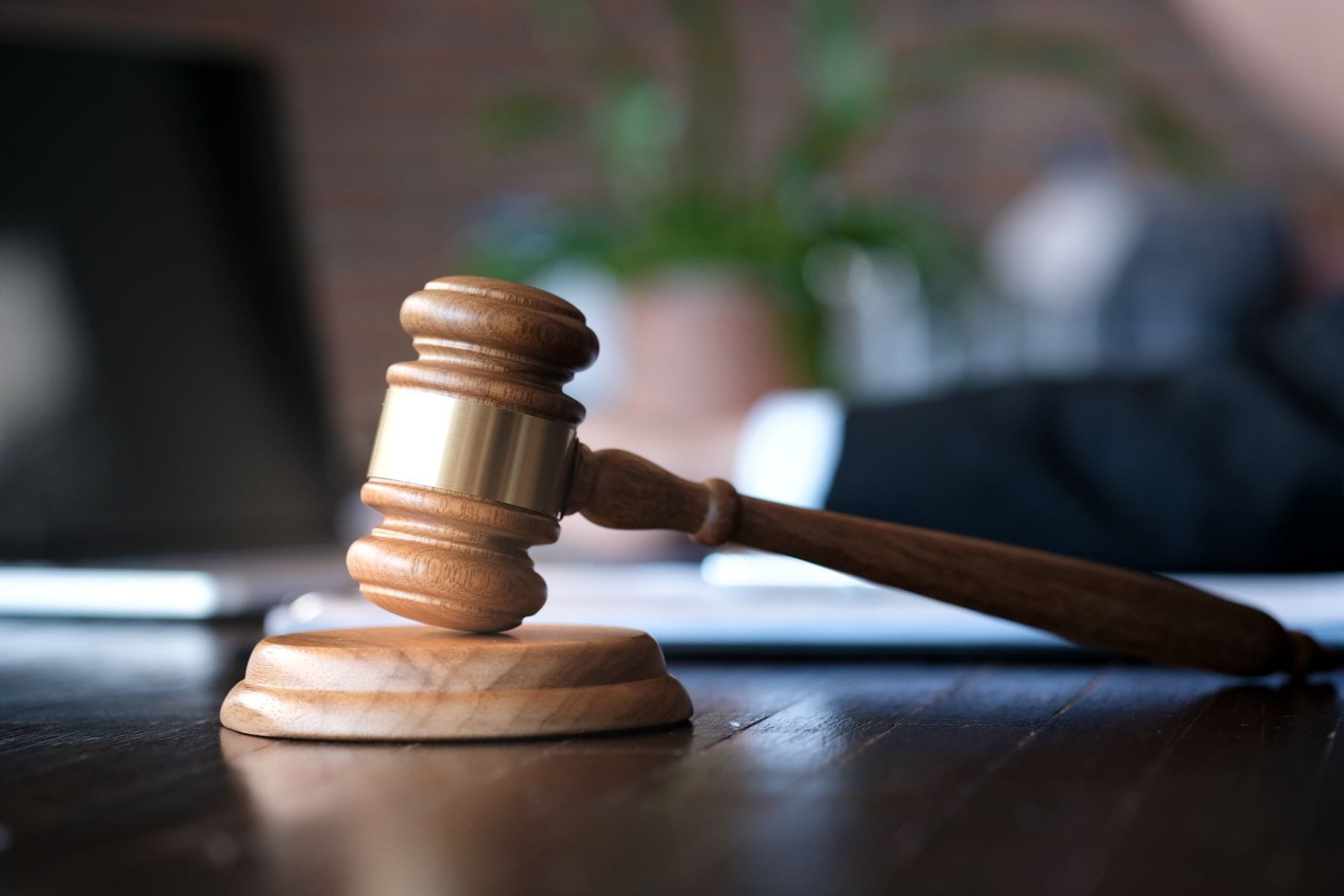The Reptile Strategy and Expert Witnesses: How to Navigate this Courtroom Chameleon
A courtroom strategy taps into jurors' survival instincts to influence verdicts. Both plaintiff and defense attorneys must understand its impact on expert testimony.
Updated on
What Is the Reptile Theory?
Popularized by David Ball and Don Keenan’s publication, Reptile: The 2009 Manual of the Plaintiff’s Revolution, the reptile theory focuses on activating the jury’s reptilian complex—the part of the brain responsible for safety and survival instincts, not logic or reason. By appealing to this primal center, plaintiff attorneys aim to make jurors feel personally endangered by the defendant’s behavior, encouraging a verdict that feels protective rather than purely legal.
This tactic is rooted in the Triune Brain model by neuroscientist Paul MacLean, which divides the brain into three parts. The R-complex, or reptilian brain, governs fear-based behavior, triggering instinctive reactions when a threat is perceived. In the courtroom, this strategy makes jurors think: If this could happen to the plaintiff, it could happen to me.
Reptile Tactics in Plaintiff Litigation
Plaintiff attorneys using reptile tactics typically focus expert testimony on overarching safety principles—highlighting general duties to avoid harm rather than specific facts. For instance, in a medical malpractice case, an expert might be asked:
- “Do doctors have a duty to follow the standard of care?”
- “Is it ever safe to ignore that standard?”
These broad, hypothetical questions are designed to make jurors see the defendant’s conduct as a threat to public safety. In product liability or automobile accident cases, experts may be asked questions such as:
- “Should drivers always keep their eyes on the road?”
- “What’s the safest way to hold a steering wheel?”
In this way, the trial becomes less about the facts of the case and more about protecting the community at large—an advocacy technique that can be persuasive but must be grounded in credible, well-vetted expert testimony.
Strategic Use of Experts in Reptile Cases
To be effective, plaintiff-side experts must be more than just talking heads. They need to:
- Speak to the “big picture” of safety in their domain.
- Convey authority without sensationalism.
- Reinforce the plaintiff’s narrative using precise technical insight.
A skilled plaintiff attorney integrates emotional appeal with expert-backed logic, creating a dual-pronged case built on tactics and credibility.
Defense Lawyers and Reptile Theory: Playing Offense Early
Defense attorneys must anticipate this approach early—starting in jury selection and voir dire. If the opposing counsel's strategy appears to center around community protection rather than case-specific facts, objections should be raised. Attempts to inflame jurors or grossly misrepresent evidence are typically inadmissible, especially in federal court.
Additionally, defense counsel should scrutinize the opposing expert’s qualifications. A heavy reliance on reptile theory sometimes masks weak or overly generalized testimony, which may be grounds for exclusion.
Expert Defense: Replacing Fear With Facts
Cross-examination is where defense experts shine. When faced with loaded questions like, “Shouldn’t doctors always choose the safest option?” a defense expert should:
- Acknowledge the ideal while emphasizing real-world complexity.
- Explain nuances in clinical judgment and treatment options.
- Refocus attention on facts and data, not fear.
Rather than rejecting the reptile premise outright, defense experts can neutralize it by contextualizing broad safety assertions within the specifics of the case.
For example, if a plaintiff expert merely states that a standard of care was violated, the defense expert can expand: What variations of the standard exist? What alternatives were medically justified under those circumstances?
Counteracting Reptile Strategy With Precision and Advocacy
While reptile strategy avoids specifics, the defense should lean into them. Detailed, technical explanations not only challenge emotional appeals—they restore the judge and jury’s focus on the evidence.
A strong defense expert can:
- Undermine emotional generalizations.
- Illuminate the defendant’s actions in light of industry standards.
- Activate logical reasoning over instinctual fear.
By presenting a balanced mix of facts and field-specific expertise, the defense doesn’t just counter the reptilian brain—it calls on the jury’s capacity for reason.
Frequently Asked Questions
What is the reptile strategy in courtroom litigation?
The reptile strategy is a trial approach used by plaintiff attorneys to appeal to jurors' primitive survival instincts, encouraging them to feel threatened by the defendant's actions and thereby fostering a sense of danger that can lead to a favorable verdict for the plaintiffs.
How can attorneys effectively use expert witnesses in the reptile strategy?
Attorneys can effectively use expert witnesses in the reptile strategy by having them testify to overarching safety issues and using hypothetical questions to emphasize general safety procedures, thereby influencing the jury's perception of danger.
What are the best ways for defense attorneys to counter the reptile strategy?
Defense attorneys can counter the reptile strategy by objecting to any attempts by the plaintiff to appeal to the jury's emotions during voir dire and by effectively cross-examining their experts to emphasize the real-life complexities and scientific facts related to the case.


